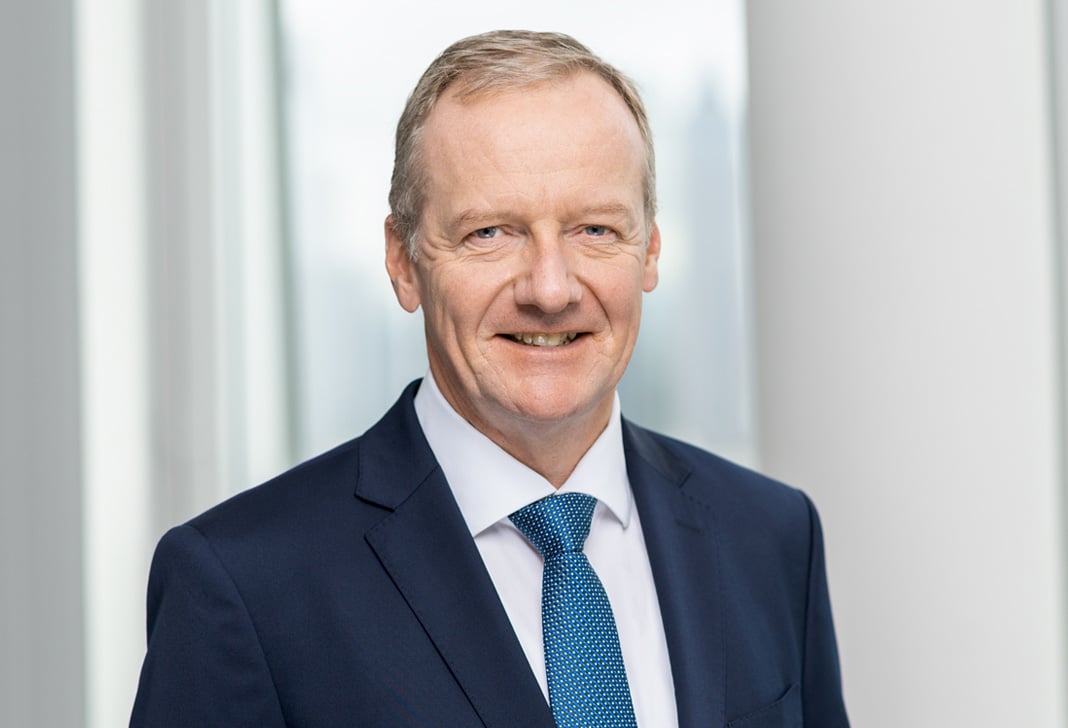
Germany Plans New Restrictions For Foreign Investors and Technology Transfers
On November 29, 2019, the German government published its "Industry Strategy 2030" paper, which has potential implications for Germany's foreign direct investment control ("AWV") regime and for transfers of technology outside of Germany.
Over the past few years, Germany has strengthened the AWV regime. In parallel, the relevance of Germany's foreign direct investment control investigations for M&A transactions involving non-EU investors has grown. Even investments in German targets by, say, U.S. investors have been investigated.
While the new strategy paper is still a nonbinding policy document, it clearly demonstrates the German government's commitment to more closely regulate and restrict foreign investments and the transfer of sensitive technologies developed using public funds. In particular, the German government intends to further expand the existing legal framework by adding the following regulatory tools:
- New rules for technology transfers if the company that developed the technology has received public subsidies;
- Changes to the AWV to implement the new EU FDI Screening Regulation. In this context, we expect that the term "public order or security" will be revised to "moderately expanding" the German government's ability to block foreign investments into Germany;
- The German government intends to help German companies acquire other German companies active in sensitive sectors if a foreign investor wants to invest in such companies and the transaction cannot be blocked under the AWV; and
- As a measure of last resort, the German government intends to acquire such target companies via a German state-owned bank and subsequently sell them to a suitable acquirer. This solution has already been used when the German government intervened to block a Chinese investor's acquisition of a 20% stake in an electrical grid company. To be able to respond quickly, a permanent ministerial committee will be established.
The new paper confirms that non-EU investors looking to invest in German companies need to be mindful of increasing scrutiny of such transactions. It reflects a trend among Western governments to expand their ability to screen foreign investments to protect critical infrastructure and know how.



